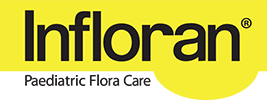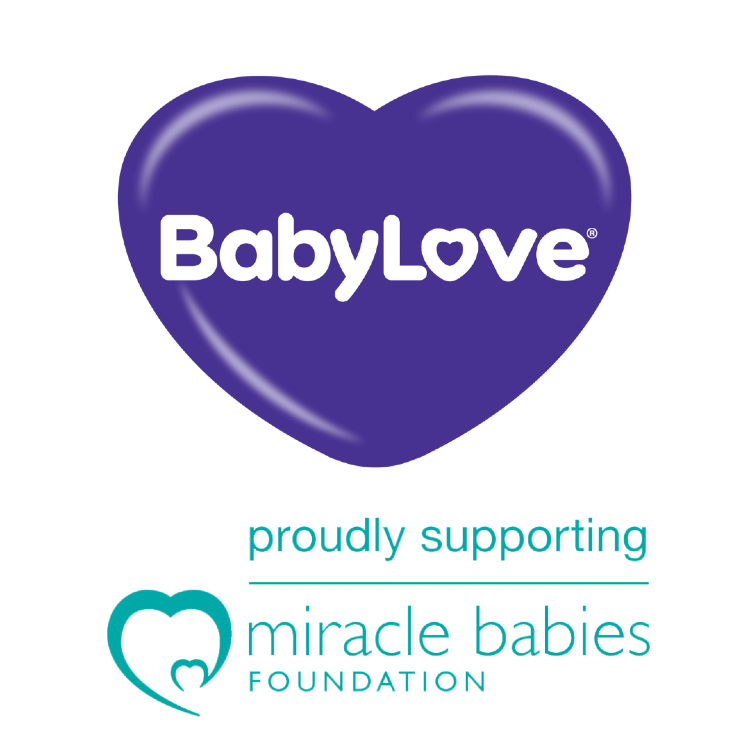World Breastfeeding Week 2023 - Highlighting the Importance of Breast Milk
01/08/2023

This week, 1st - 7th August, World Breastfeeding Week, a global campaign that aims to strengthen the warm chain of support for breastfeeding, which includes health systems, workplaces and communities at all levels of society.
Breastfeeding is the best way of feeding your baby. Breastmilk provides the perfect nutrition to match your baby’s needs for growth and development. Colostrum, the breast milk produced in the first few days after birth, is very rich in the nutrients and immune components of breast milk which help to protect your baby from infection. Breast milk is important for all babies, but for premature and sick newborns, it provides vitally important health benefits and acts like a medicine that only a mother can provide. Research has shown that the composition of a mother’s breast milk is different if her baby is born premature than if her baby was born full-term. It is tailored to the needs of a premature gut and is highly beneficial for your baby.
Breastmilk is important for premature babies for several reasons:
-
Compared to the breast milk of mums with term babies, the milk of mums with premature babies is higher in sodium, chloride, protein and fat. It also has many immune factors that provide protection for these tiny babies.
-
Breast milk is easy to digest, so babies can get the food they need without using a lot of energy. There is little waste with breast milk so your baby's immature kidneys won't be stressed.
-
Breast milk is full of live cells and immune factors that protect them from infections.
-
Premature babies who are formula fed and don’t receive breast milk are more likely to get a life-threatening bowel condition called necrotising enterocolitis or NEC.
-
Growth factors in breast milk may also help the lining of your baby’s intestines to mature more quickly. The first milk you make, in very small amounts, is called colostrum. It is a very concentrated source of growth factors, immune factors and important nutrients.
Providing breast milk is a positive way that you can be involved in your baby's care and skin to skin contact (Kangaroo Care) with your baby has many benefits. Breast milk is so important for premature babies that if you can't provide breastmilk for your child, the next best thing is Donor Milk which can be done through bottle feeding. Otherwise, there are also tube feeding, and formula feeding which also have their benefits.

.jpg)
“Breastfeeding wasn’t as easy as I had imagined, which also made me feel very down. As my baby Harmony grew bigger and stronger, it became a little easier and with the help of some motilium, I managed four months of combined formula and breastfeeding. My advice to new mums is don't be afraid to ask for help; it wasn't until two weeks after Harmony’s birth that a midwife gave me advice on expressing and medication to assist with milk flow. I wish I’d asked for help earlier.”
– Daniela, Miracle Mum to Harmony born at 34 weeks
Discussion on your Breastfeeding Plan before the birth and knowing your options once the baby arrives is significantly important. Breastfeeding premature and sick newborns is highly regarded for the health of your baby, so it is always best to speak with Midwives, lactation consultants, early childhood nurses and the Australian Breastfeeding Association counsellors are available to provide advice about breastfeeding, expressing and formula feeding, both in hospital and at home.
Support is available:
Miracle Babies NurtureLine: 1300 622 243
Australian Breastfeeding Association (ABA) Breastfeeding Helpline:
1800 mum 2 mum | 1800 686 268
Ask your pharmacist about Infloran Paediatric Flora Care. Used by NICUs across Australia.
Infloran Paediatric Flora Care is a probiotic safe for premature and sick newborns which helps with gastrointestinal immune function, promoting healthy digestion and maintaining beneficial flora during antibiotic use.





